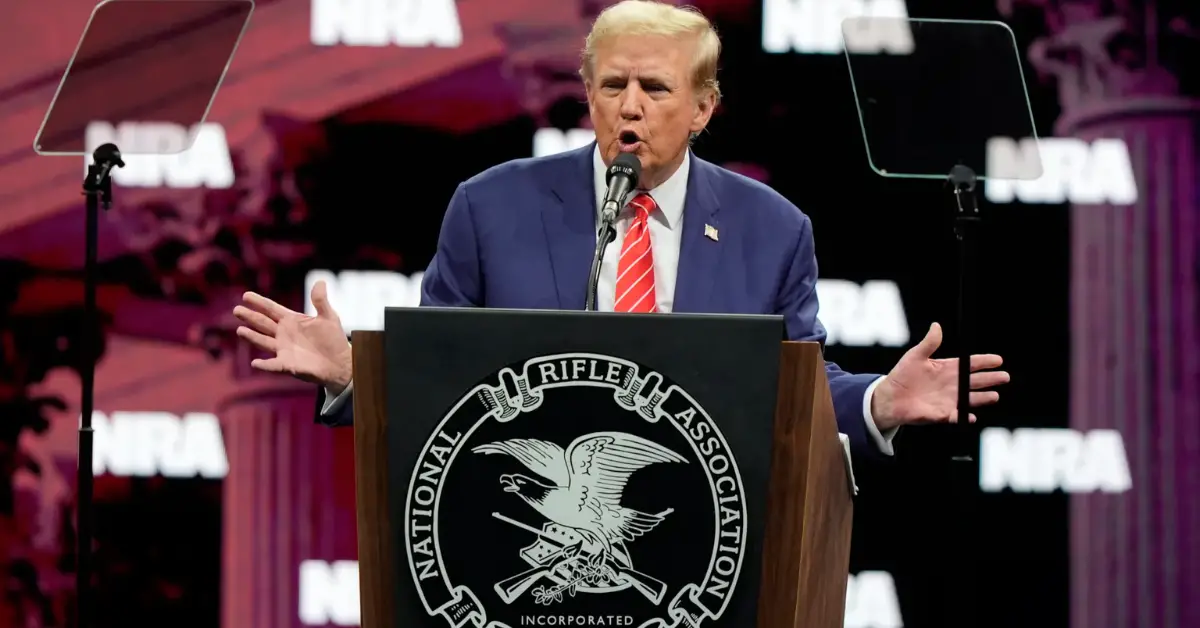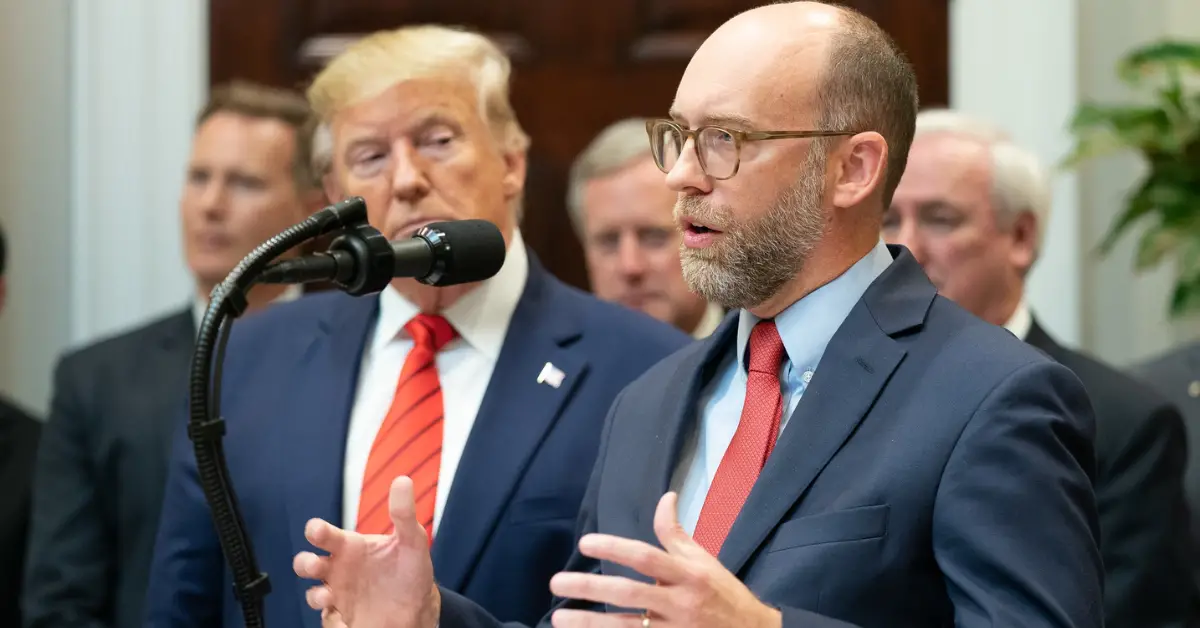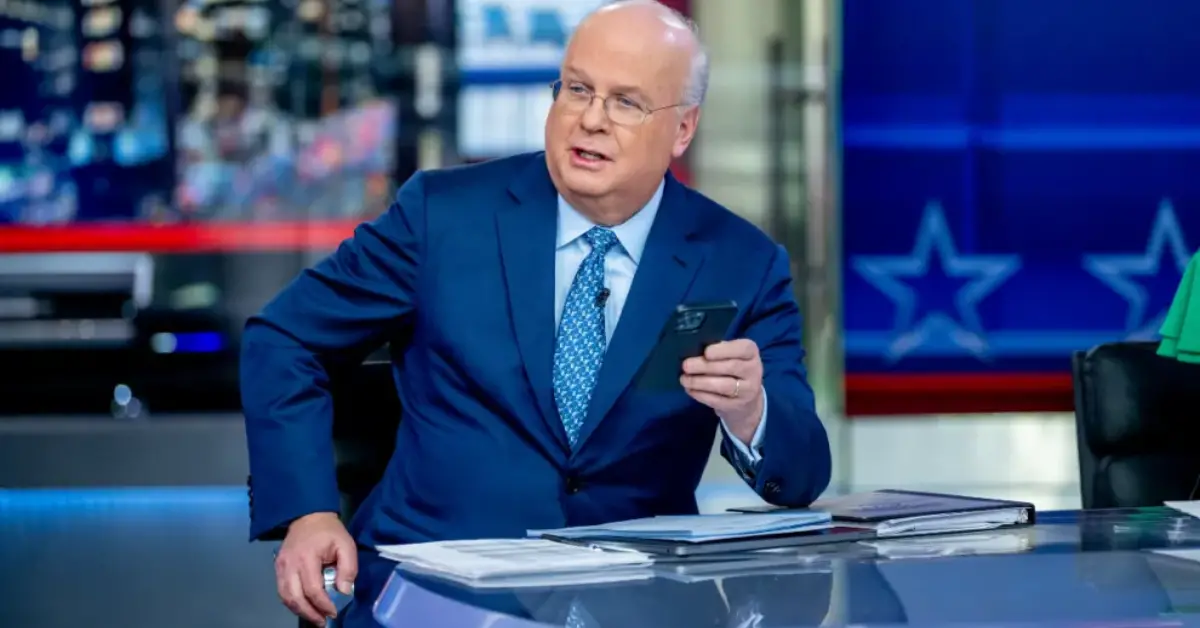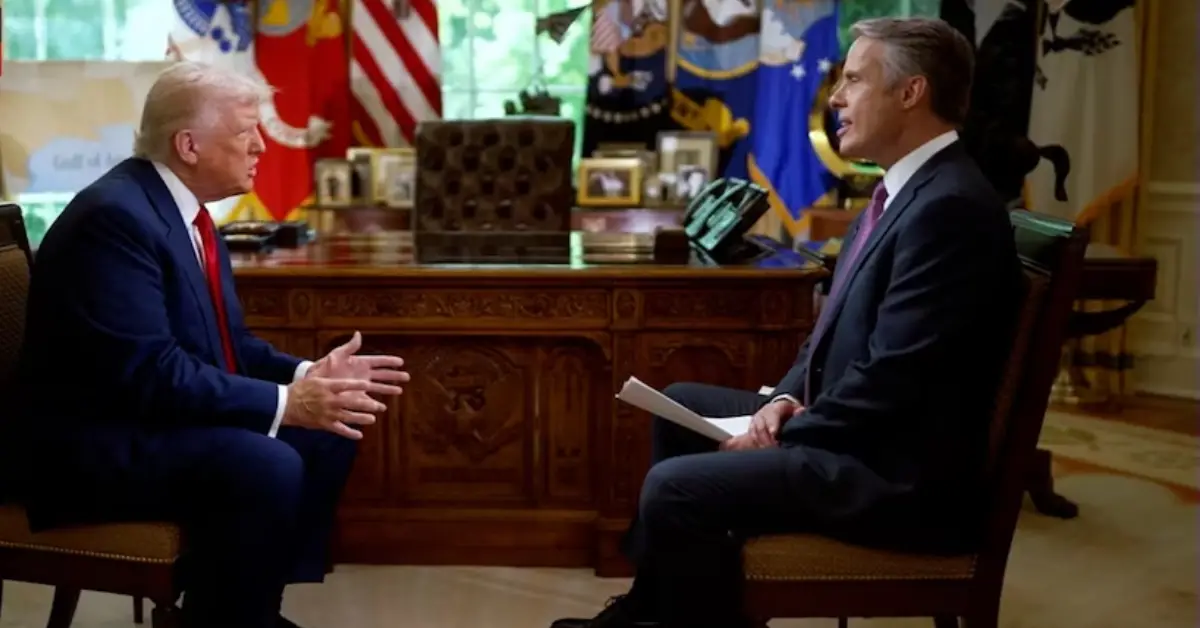President Donald Trump has long been vocal about his frustration with institutions he believes are too liberal, and now he may be taking steps that could drastically impact some of the country’s most prestigious schools. One such target is Harvard University. After the university refused to crack down on protests in a manner Trump deemed appropriate, he is considering a highly controversial move — attempting to revoke Harvard’s tax-exempt status.
In a recent analysis for The Atlantic, Conor Clarke warned that Trump’s efforts could have far-reaching consequences, not just for Harvard, but for the entire higher education system in the United States. The move could unravel a legal precedent that would change how institutions across the country operate.
Trump’s Plans: A Threat to Harvard’s Fundraising
At the heart of Trump’s frustration is the refusal of Harvard to adhere to his demands to suppress protests on campus. As a result, Trump has threatened to go after the school’s tax-exempt status. For institutions like Harvard, this status is crucial because it allows them to raise funds more easily. If revoked, it would make it incredibly difficult for the university to fundraise and maintain its operations.
However, Clarke argues that such a move would not be as simple as it sounds. He explained that the Internal Revenue Service (IRS) would need a solid legal theory to justify revisiting Harvard’s exemption status. According to Section 501(c)(3) of the federal tax code, institutions must meet specific criteria to qualify for tax-exempt status. One of the main conditions is that the institution must be organised “exclusively for educational purposes.”
So far, the Trump administration has not provided a clear legal rationale to challenge Harvard’s tax exemption, and some legal experts are concerned that it is simply acting out of spite. Clarke points out that to succeed, the administration would need to present a compelling argument to the IRS, a process that is complicated and often slow-moving.
The Legal Precedent: Bob Jones University Case
In his analysis, Clarke highlights a case that could potentially play a role in Trump’s efforts to strip Harvard of its tax-exempt status — the 1983 Supreme Court case Bob Jones University v. United States. In this case, the Court allowed the IRS to revoke the tax-exempt status of a private university that denied admission to interracial couples. The ruling stated that an institution could lose its tax exemption if its practices were “contrary to settled public policy.”
This case is pivotal because it’s the only time the IRS has used the “settled public policy” qualifier to strip an institution of its tax exemption. If Trump attempts to apply this same argument to Harvard, it could open the door to a broader, more politically motivated application of the tax code — one that could grant presidents unprecedented power to target universities based on their political leanings.
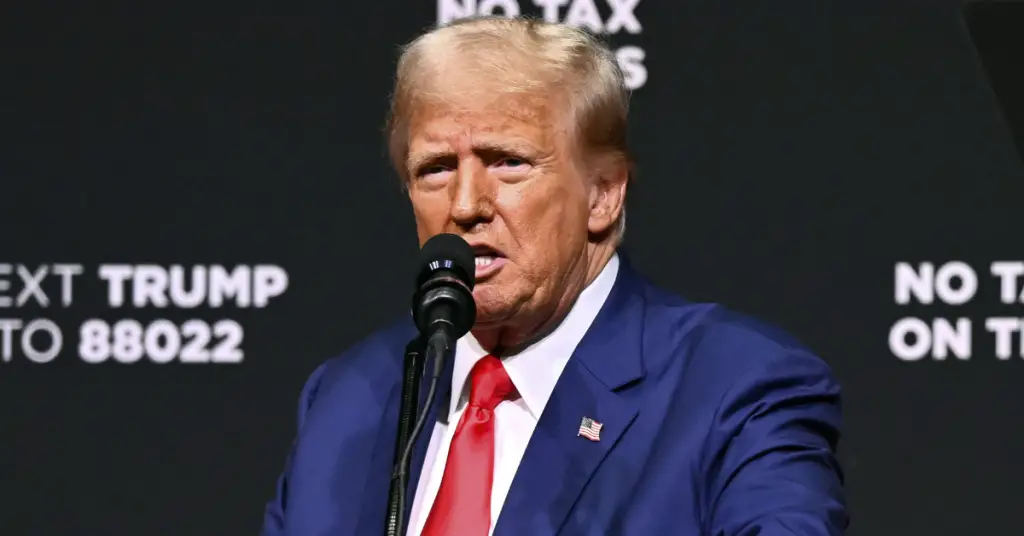
Clarke also warns that using this case to justify attacking Harvard could create a slippery slope. He points out that the Bob Jones ruling was based on the idea that Congress, not the executive branch or the courts, should set national policy goals. The court’s decision was a highly politicised one that was written from a conservative standpoint. The argument, as Clarke explains, was deeply flawed and controversial at the time.
A Loaded Weapon Waiting to Be Used
Clarke calls the Bob Jones case a “loaded weapon,” one that remains available for use by a president willing to overlook its flaws. While it has never been widely applied, Trump may now seek to revive this controversial case to advance his agenda.
If he succeeds in using it to strip Harvard of its tax-exempt status, the consequences could be severe. Not only would it give the executive branch enormous power to control what qualifies as an educational institution, but it could also lead to political infighting that would be damaging for both parties.
Moreover, Clarke suggests that conservatives should be particularly cautious about this approach. He points out that the legal reasoning in Bob Jones was not only problematic but also stood in stark contrast to the principles that conservative legal thinkers have championed for decades. Conservative leaders, who typically argue that Congress, not the executive branch, should set policies, might find themselves on the losing side of this battle if Trump pushes this agenda too far.
A Step Too Far?
In conclusion, while Trump’s threat to challenge Harvard’s tax-exempt status might seem like a quick solution to his frustrations, it could have dire implications for the future of higher education and beyond. Clarke argues that the Bob Jones case should remain a historical artifact, not a tool for furthering partisan objectives. Using it in this way would not only open a Pandora’s box of legal and political challenges, but it would also threaten the foundational principles of the U.S. tax code.
As Trump moves forward with this threat, only time will tell how far he will push his agenda — and what the long-term consequences could be for both the political landscape and the institutions of higher learning that have shaped American society for centuries.
Disclaimer: This article has been meticulously fact-checked by our team to ensure accuracy and uphold transparency. We strive to deliver trustworthy and dependable content to our readers.

